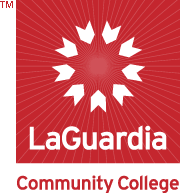
Publications and Research
Document Type
Article
Publication Date
6-2007
Abstract
For years, librarians have been able to distill the notion of authority, in its purest form, to two simple questions: “Who said it?” and “Under whose auspices?” The answer to either, or preferably both, of these questions could tell a researcher whether to rely on the information retrieved. Today, however, in the world of online information, the notion of authority is shifting and librarians working in an instructional capacity must understand the shift and determine ways to help students cope with the changes. Searching in today’s socially-driven information era requires a different skill set for researchers looking for authoritative information. Formal gatekeepers, like the journal editors upon whom researchers once depended, can now be bypassed rather easily. Online community participants as a whole now often serve as de facto editors.
Social news sites, such as Digg.com, Slashdot.org, and Netscape.com, are changing the nature of authority and how we understand it. Social news sites provide more varied access to information than traditional news sources, but also provide less of a filter. Authority in traditional news is primarily based on editorial control and author reputation, and then confirmed by the quantity and quality of citations and responses. The power structure has shifted in social news sites, where authority is primarily based on votes for and links to posted items—social websites’ versions of a traditional citation. Authority can also derive from posters’ reputations— but generally not from editorial or publishing control.


Comments
This work was originally published in Library Philosophy & Practice.